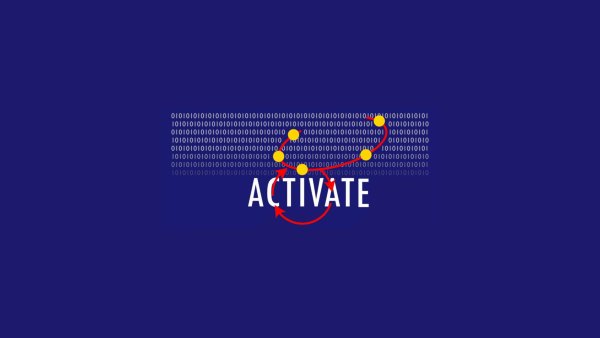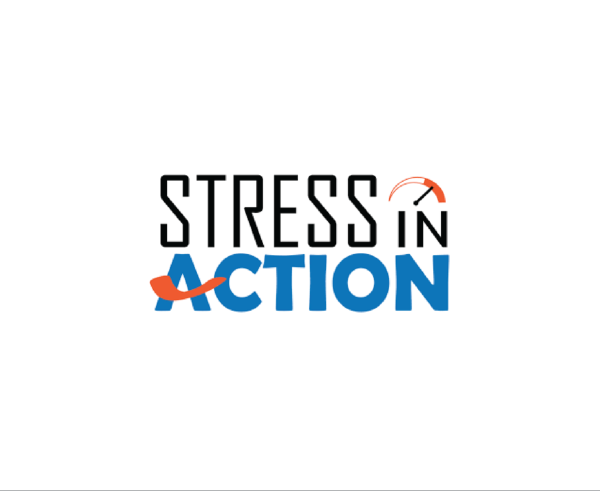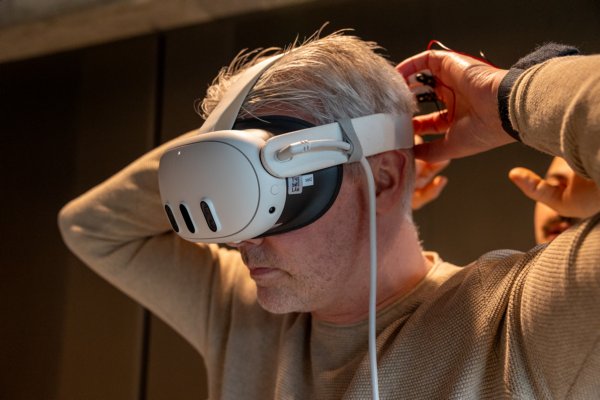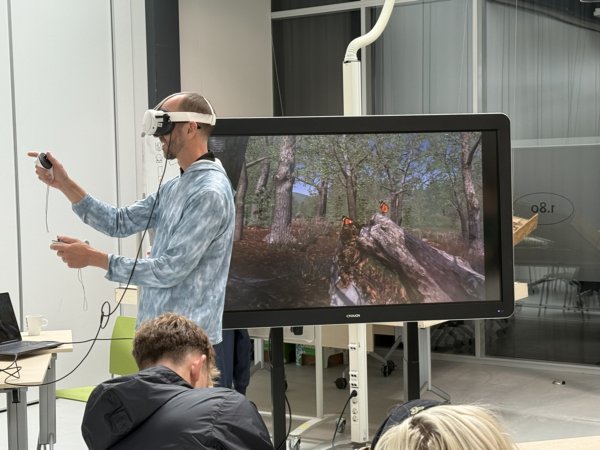Our ongoing collaborative projects

A strategic partnership is developing simulation scenarios for training individual and collaborative skills in home and palliative care. This includes a mobile app for narrative feedback and a shared dashboard for team debriefing, tested with health profession students in Germany and Sweden.

Stress in Action harnesses cutting-edge technology and big data to investigate stress in everyday life, moving beyond traditional lab settings. The consortium promotes collaboration to understand how stress responses are shaped by individual and environmental factors, how to measure stress accurately in real time, and when normal stress reactions may turn harmful to mental or physical health. This work lays the foundation for new tools and strategies to monitor and manage stress more effectively.

BMS and ITC have received an Npuls grant to develop ShareXR, a collaborative ecosystem for sharing and reusing high-quality, open digital learning resources. ShareXR promotes openness, continuous improvement, and lifelong learning across disciplines, empowering both teachers and students to co-create the future of education.

This project strengthens collaboration between the University of Twente (UT) and Tashkent University of Information Technology (TUIT) through interdisciplinary research in Virtual Reality for sustainability and AI-driven mobile coaching. This collaboration address global and regional challenges, with a focus on innovation, capacity building, and international academic exchange.

Understanding the mental states of operators in complex environments, like control rooms, is crucial, as factors such as workload and alertness significantly impact performance and can lead to human errors. While systems alert when technical issues arise, there are no sensors to monitor human functioning in interaction with high-tech systems. Issues like operator overload, boredom, or reduced concentration often go unnoticed, posing risks to overall performance and safety.

The BCI testbed project at the BMS Lab focuses on harnessing brain signals and developing practical applications. Researchers from both the University of Twente and external partners are collaborating to address challenges across various projects. The testbed's development, centered on adaptability to the human state of mind, is a key long-term initiative. The research is based on three use cases that involve using sensors, such as EEG, heart rate, and stress monitors, to adapt machine feedback and process management.
